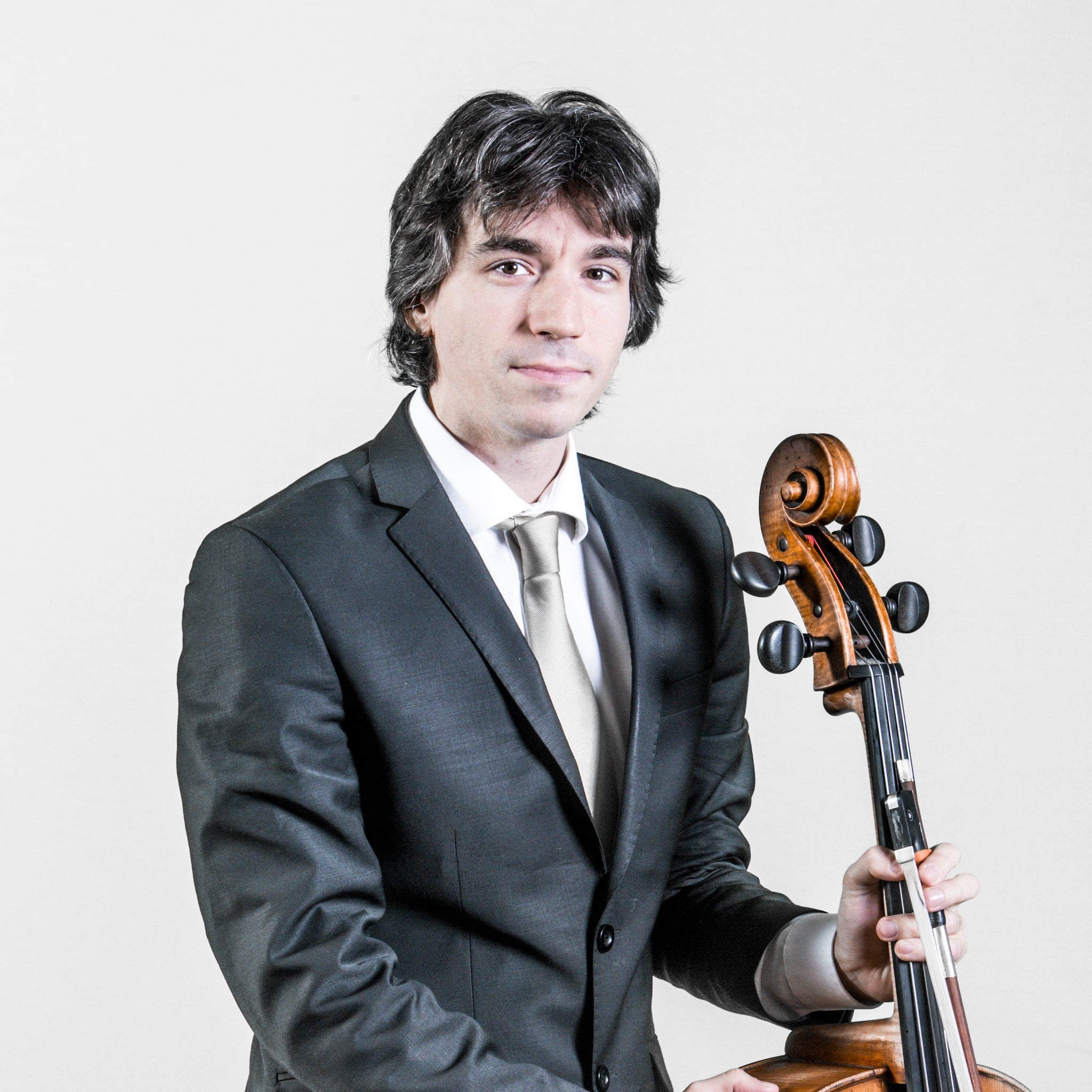Bayreuth’s Meistersinger: It’s a Jewish problem
mainThe first review is online. It’s by Shirley Apthorp in the FT and it lays Barrie Kosky’s production concept succinctly on the line:

A caricature Jew, with hooked nose and evil grin, swells up to engulf the entire stage. Its hot air ballon head then deflates, until only the star of David skullcap can be seen. The Bayreuth Festival is once again wrestling with the spectre of Wagner’s anti-Semitism, and its own guilty past with Adolf “Uncle Wolf” Hitler.
Barrie Kosky is the first Jewish stage director to work at Wagner’s Bayreuth Festival, and the first non-member of the Wagner family to stage Die Meistersinger von Nürnberg. Of course he sees Sixtus Beckmesser as a Jewish parody, the epitome of all that Wagner hated.
Read on here.





Comments